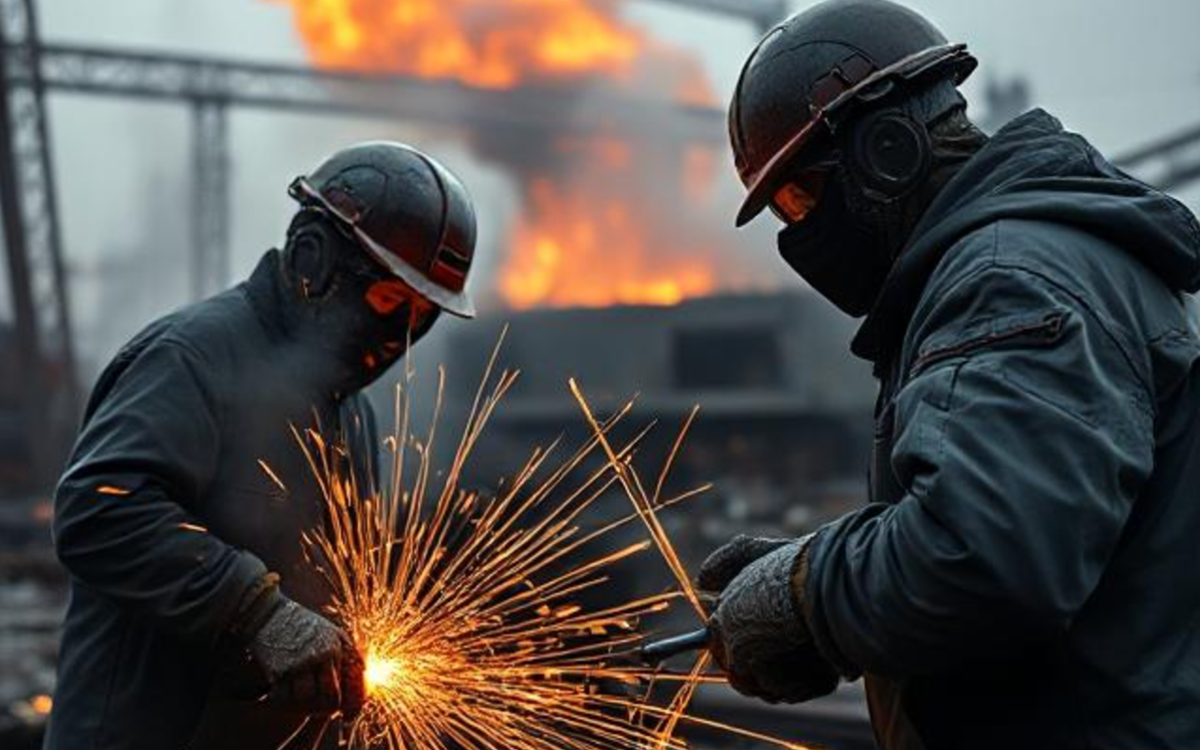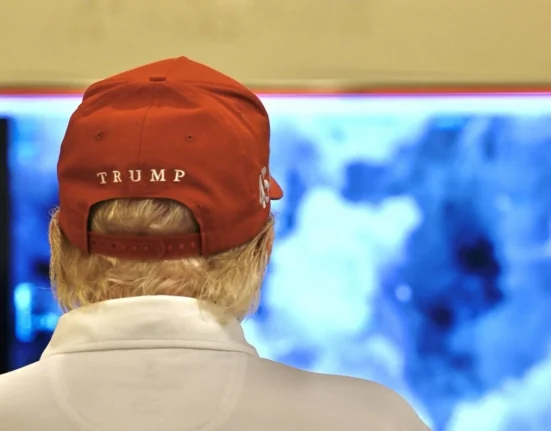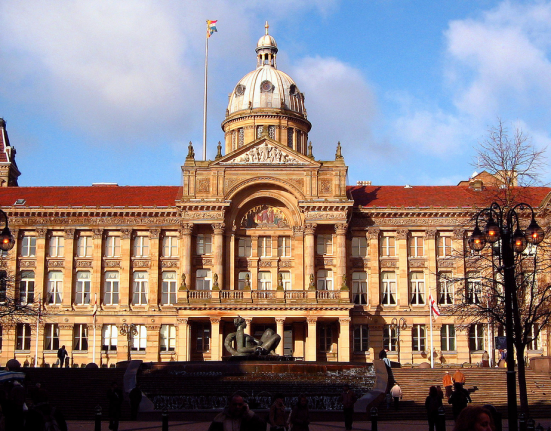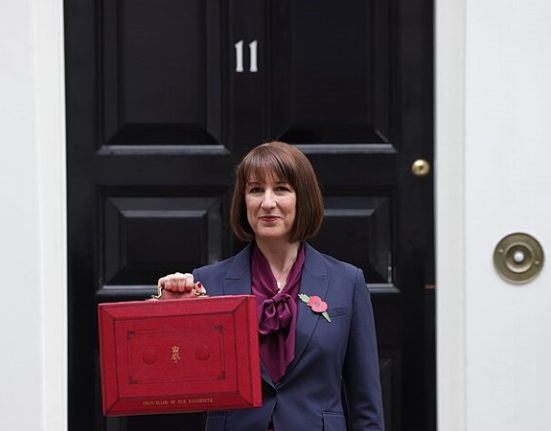Not a single MP voted against it. Not ten brave voices, not one principled abstention. Silence.
In a moment that should echo through history with the ominous clang of authoritarianism, Parliament waved through a bill that gives the government extraordinary powers to dictate how a private company must operate. And not just any company. British Steel. A firm that lies at the heart of our industrial heritage.
Yes, British Steel is strategically vital. Yes, it may well be in trouble. But make no mistake: this wasn’t nationalisation. This wasn’t a vision of shared prosperity or co-operative recovery. This was punishment disguised as patriotism – a diktat that allows ministers to micromanage a private enterprise with threats hanging like swords over its boardroom.

Zero dissent should send a shudder through all of us
And where was the opposition? Nowhere. No scrutiny. No firebrand speech. Not even a whisper of dissent from the party that claims to protect liberty and workers alike.
This is the theatre of British politics turned farce. What happened this week wasn’t legislation – it was the quiet death of opposition. And that should terrify every citizen in this country.
We are slipping into a political monoculture, where opposition parties are too scared, too calculating, or too complicit to say what needs to be said. A media-trained nod-along Parliament. No grit. No rebels. No fight.
Alarm bells should be ringing about the demise of democracy
If the government wanted to nationalise British Steel, let them do it transparently – with proper compensation and a plan. But instead, they’ve ushered in a model of quasi-command economics under the radar, unchecked and unchallenged.
This isn’t industrial strategy. It’s control.
And if no one in Westminster is willing to say no now, when will they? When the state starts picking CEOs? Setting prices? Jailing dissenters?
Democracy dies not with a bang, but with a shrug.







